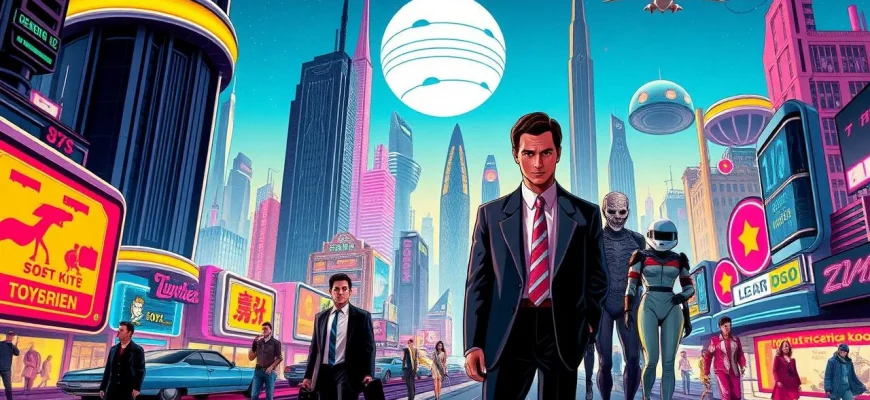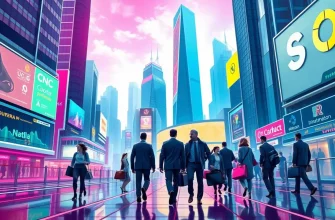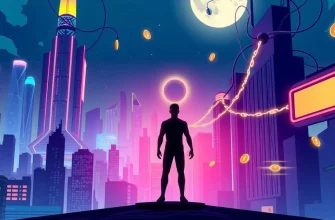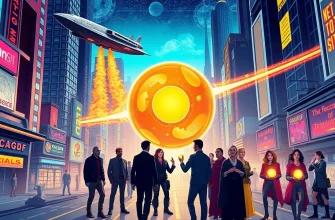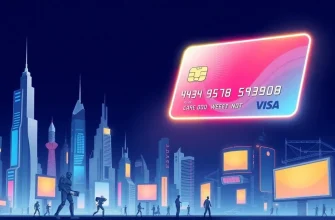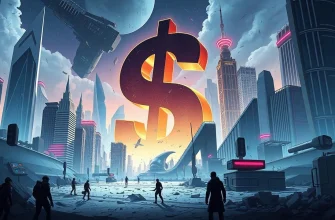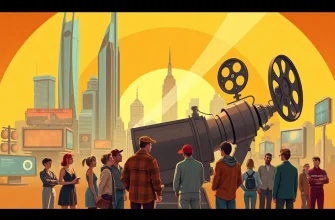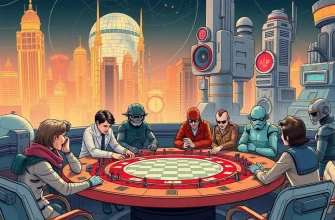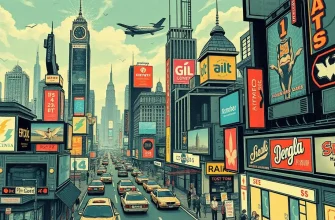Dive into a world where bosses aren't just your typical office tyrants but are instead the architects of dystopian societies, the masterminds behind futuristic corporations, or the enigmatic leaders of alien civilizations. This curated list of ten sci-fi films showcases the most intriguing, powerful, and sometimes terrifying bosses in cinema. Whether they're orchestrating global conspiracies or leading interstellar expeditions, these films offer a thrilling look at leadership in the most extraordinary settings. Get ready for a cinematic journey that will make you rethink the concept of a 'boss'!
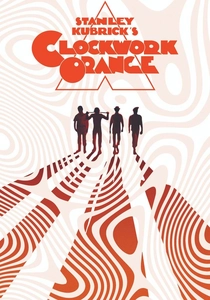
A Clockwork Orange (1971)
Description: Though not a typical boss, the Minister of the Interior in this film represents the ultimate authority, manipulating Alex for political gain.
Fact: Stanley Kubrick removed the film from UK circulation after it was linked to copycat violence.
 Watch Now
Watch Now
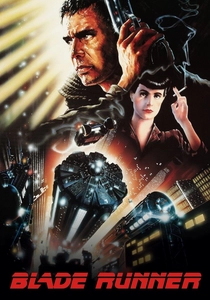
Blade Runner (1982)
Description: In this neo-noir sci-fi classic, the Tyrell Corporation's founder, Eldon Tyrell, is the epitome of a corporate boss, creating replicants and controlling their lives, making him a pivotal figure in the narrative.
Fact: The film's visual effects were groundbreaking, and Ridley Scott's original cut was significantly different from the theatrical release.
 Watch Now
Watch Now
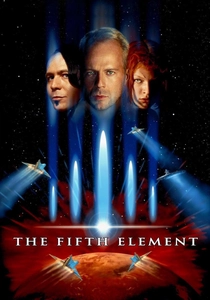
The Fifth Element (1997)
Description: Jean-Baptiste Emanuel Zorg, played by Gary Oldman, is a charismatic yet ruthless arms dealer, showcasing the darker side of corporate leadership in a futuristic setting.
Fact: The film's production design was so extensive that it took over 200 people to create the sets.
 Watch Now
Watch Now

Gattaca (1997)
Description: The film presents a world where genetic engineering dictates social hierarchy, with the Gattaca Corporation's executives as the ultimate bosses of this society.
Fact: The film's title is derived from the letters of the four DNA nitrogenous bases: guanine, adenine, thymine, and cytosine.
 Watch Now
Watch Now

The Matrix (1999)
Description: The Matrix features the ultimate boss, Agent Smith, who not only controls the virtual reality but also embodies the system's resistance to change. His role as a relentless antagonist makes him a standout in this genre.
Fact: The film's concept of 'bullet time' revolutionized action sequences in cinema. Also, Hugo Weaving, who played Agent Smith, was initially considered for the role of Neo.
 Watch Now
Watch Now

Equilibrium (2002)
Description: Father, the leader of the totalitarian regime, is the epitome of a controlling boss, enforcing emotional suppression through a drug called Prozium.
Fact: The film was shot in Berlin, and the architecture of the city greatly influenced its dystopian aesthetic.
 Watch Now
Watch Now

The Island (2005)
Description: Dr. Merrick, the head of a secretive cloning facility, is the boss who controls the lives of clones, making him a central figure in this ethical sci-fi thriller.
Fact: The film was inspired by the 1979 film "Parts: The Clonus Horror," which had a similar premise.
 Watch Now
Watch Now
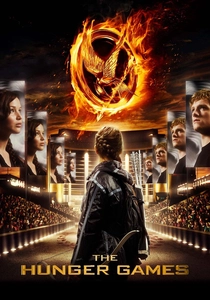
The Hunger Games (2012)
Description: President Snow is the tyrannical leader of Panem, orchestrating the Hunger Games as a means of control, making him the quintessential dystopian boss.
Fact: The film's costume designer, Judianna Makovsky, created over 1,000 costumes for the Capitol citizens.
 Watch Now
Watch Now

Elysium (2013)
Description: Here, the boss is not just a person but a system, with the Elysium space station representing the ultimate power structure. The film explores themes of class division and control.
Fact: The film was shot in Mexico City, and the Elysium station was inspired by the architecture of the Lotus Temple in New Delhi.
 Watch Now
Watch Now

Brazil (1985)
Description: This film satirizes bureaucracy with the character of Mr. Kurtzmann, a boss who epitomizes the absurdity and inefficiency of a dystopian society.
Fact: Terry Gilliam had to fight to maintain his vision for the film, leading to a well-known conflict with Universal Studios.
 30 Days Free
30 Days Free

